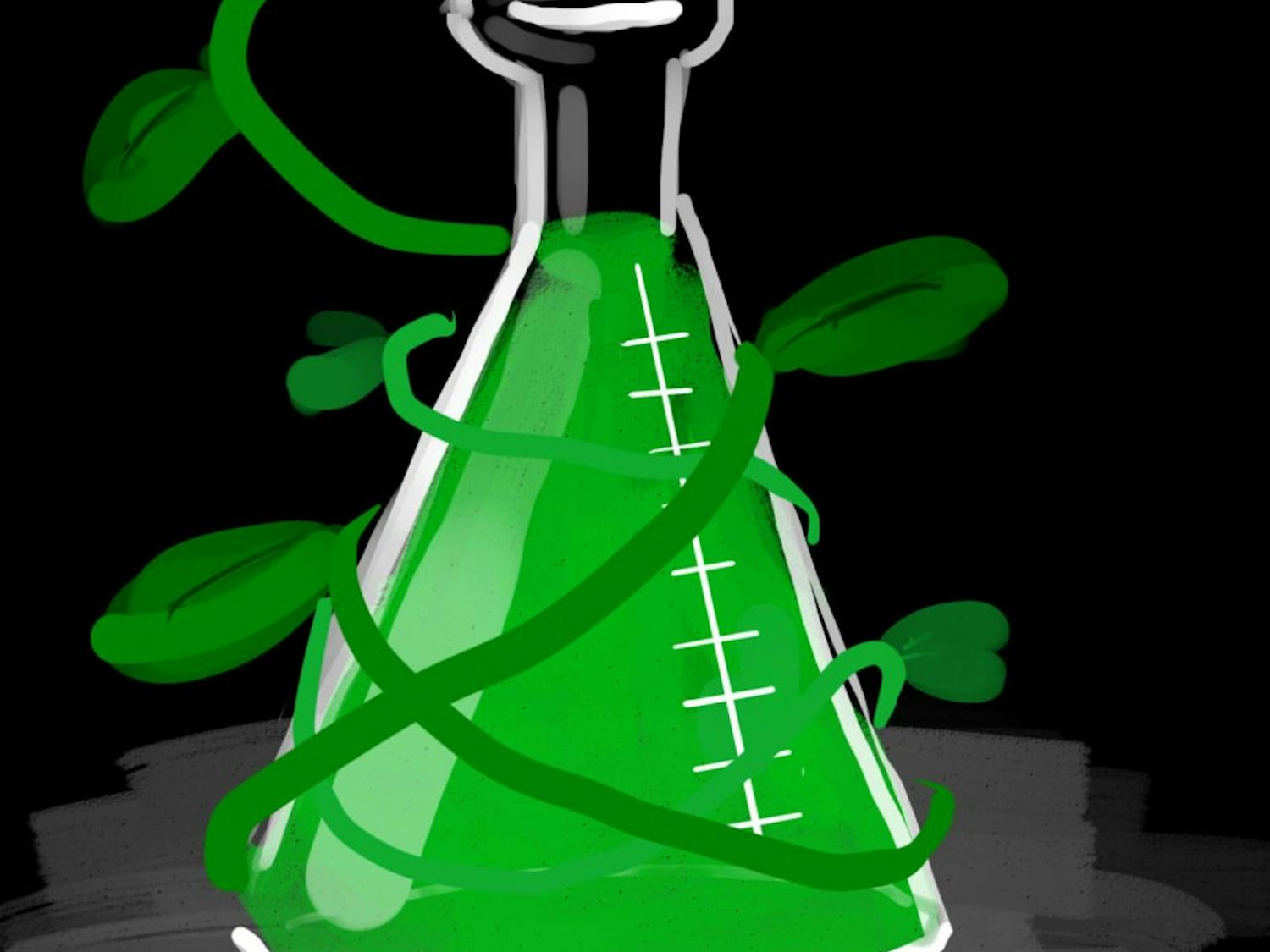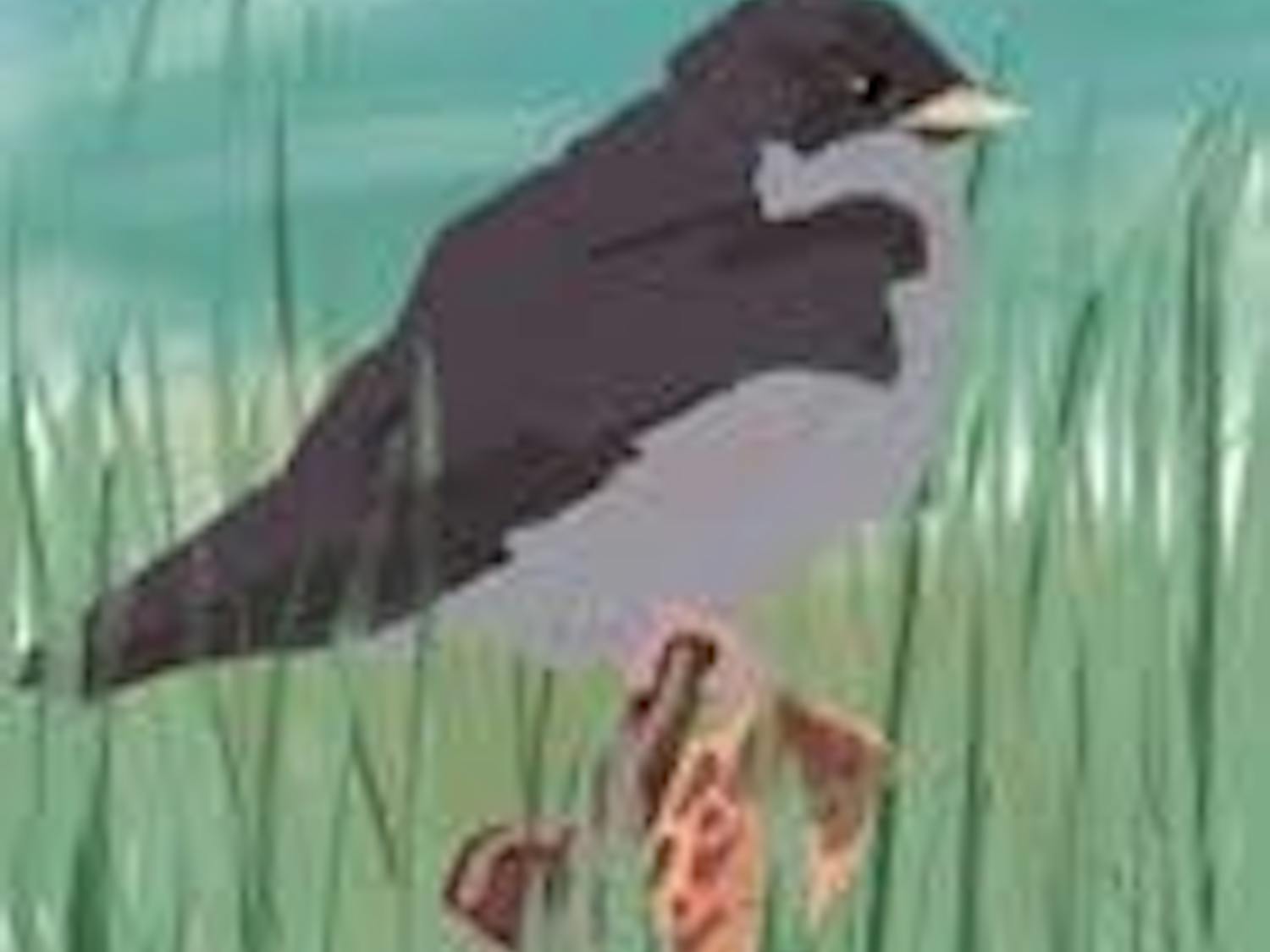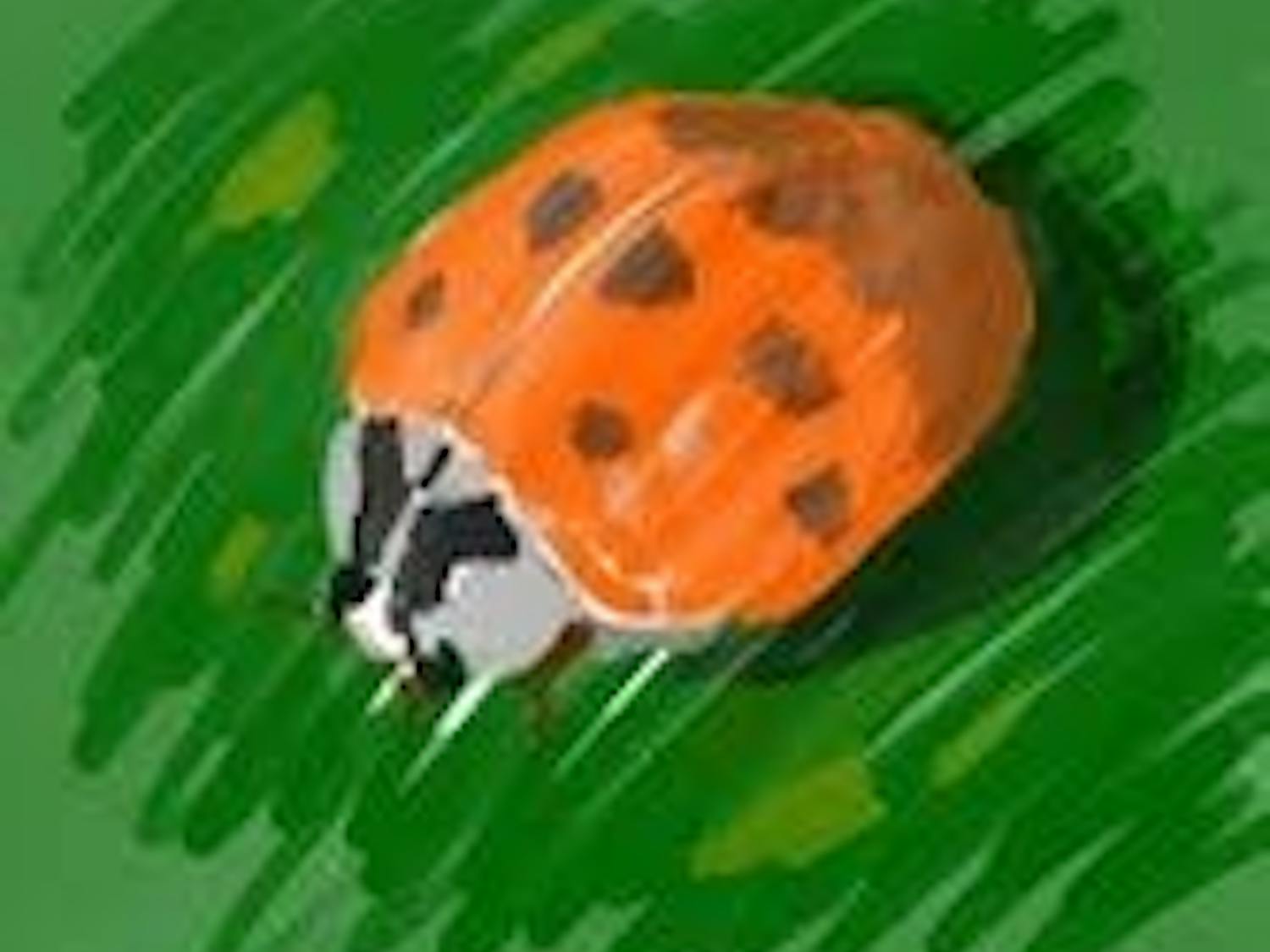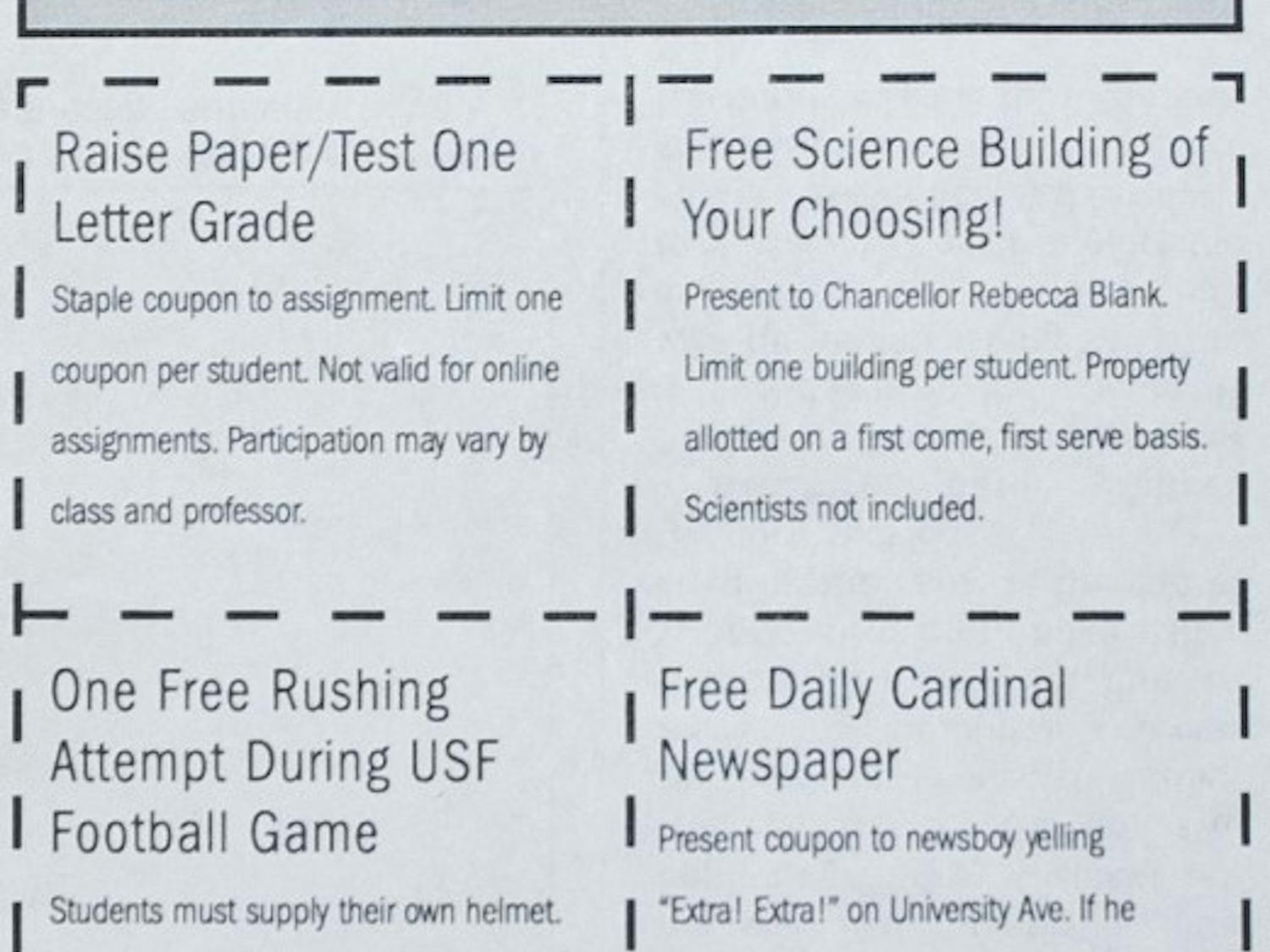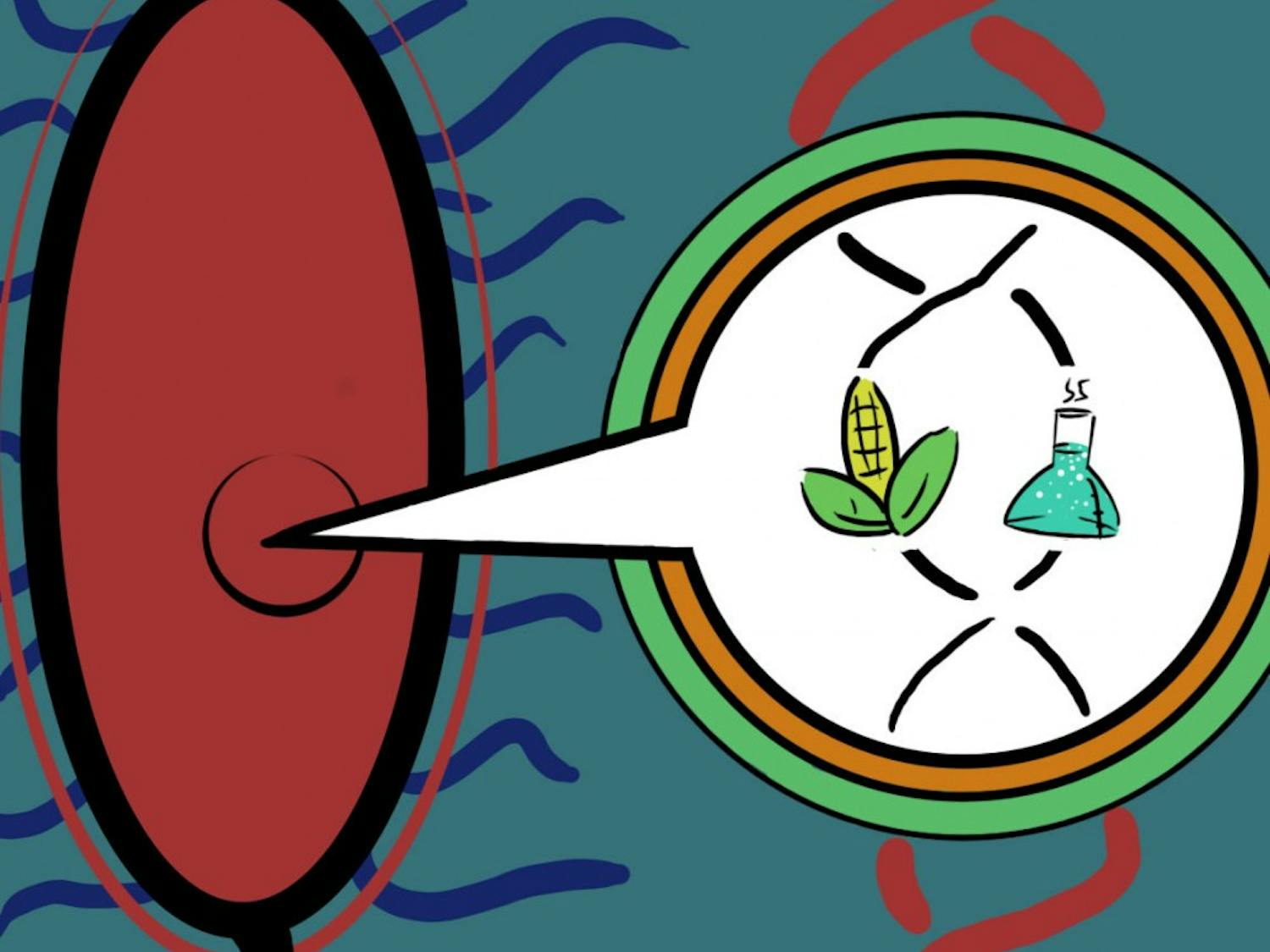SCIENCE
By Jon Spike
and Brita Larson
|
Dec. 7, 2014
When I walked into the WISCIENCE office on Henry Mall, I wasn’t surprised to see a giant glass aquarium filled with potted plants basking in the glow of a U.V. light. After all, WISCIENCE stands for Wisconsin Institute for Science Education and Community Engagement. Thus, I was both pleased and unsurprised to discover that it took its biological responsibility very seriously, as evidenced by the plants. As the door behind me closed on a frigid winters day, I refrained from throwing myself under the light and instead, made my way to the office of Janet Branchaw, the director of WISCIENCE.
WISCIENCE is having a big year. The Institute underwent a major name change from the Institute for Biology Education to the Wisconsin Institute for Science Education and Community Engagement, or WISCIENCE. As I was slightly dazzled by the word, I referred to the website to discover that WISCIENCE is pronounced as “if [you] start out saying ‘Wisconsin’ and end up saying ‘science’.” This name change is why I wanted to speak with Janet Branchaw: the institute has expanded its outreach and its work is integral to many aspects of UW-Madison.
One of the wonderful things, and there were many, about interviewing Janet Branchaw was how I asked her a single question and she gave me a five minute long answer. When I asked Branchaw what the name change meant for the Institute, she explained, “The name change represents a broadening of our mission beyond biology to the natural sciences.”
Prior to the change, the Institute for Biology Education had focused on advancing the needs of biological science students, from K-12 through college and beyond. However, during a regular review of the institute, the review committee suggested, with dramatic embellishment from Branchaw, “Oh my, you should do this for all of natural science, not just biology!” She further explained, although the Institute already had good relationships with faculty from the chemistry, math and physics departments, under the new name, “Now we officially get to work with them.”
As I typed frantically away, Branchaw continued to explain the multifaceted mission of the institute. “Broadening the scope of work is the main reason for the name change. Now the broadening of the mission opens up the door to work in partnership with schools, colleges and departments to serve science learners more broadly,” Branchaw said.
When I asked about the “science learners” who the program was trying to reach, Branchaw laughed and said, “It would be easier to make a list of groups we aren’t including. We are working in two big areas: one is higher education that includes undergraduate and graduate students. The second area is in outreach and community engagement, or everyone else, K-12, parents and grandparents.”
As its previous heritage was biology, WISCIENCE has many programs directed towards exposing undergraduates to biology before they begin their first biology courses during their sophomore year. For example, WISCIENCE coordinates the “Exploring Biology” course, which is part of a First Year Interest Group offered to freshmen in the fall. Additionally, WISCIENCE is co-sponsor of BioHouse, a learning community centered on biological sciences which had its maiden voyage this year. In partnership with Steenbock Library and the Office of Undergraduate Advising, WISCIENCE started the BioCommons, a set of library spaces, along with programming and online resources, designed to help undergraduates explore what campus has to offer and create community for themselves, whether it be to celebrate their accomplishments in their classes or to discuss their struggles.
WISCIENCE has programs specifically for graduate students as well. The Institute organizes programs to teach graduate students how to teach. But WISCIENCE is by no means limited to undergraduate and graduate students. Branchaw also emphasized the role of the Institute as a catalyst in the science affairs of UW-Madison. “We can connect researchers who are working in similar areas who may have never heard of each other to facilitate collaboration,” Branchaw said.
Not only does WISCIENCE play an integral role in the science happenings at this university, but it also has programs directed towards community outreach. For example, undergraduates and graduates can take a class through the Adult Role Models in Science program to learn how to develop age-appropriate science activities which they can help teach in after-school science clubs around the city. WISCIENCE is also partnered with the Wisconsin LEADs program, which gives math and science teachers continuing education credits to learn current science and how to teach it.
When I asked Branchaw to tell me about one exciting project coming in 2015, it was as if I asked her to recite the five trillion digits of pi. “There are so many. We are connected as part of a big National Institutes of Health project called the ‘National Research Mentoring Network’ that just got funded. NRMN has four cores and one of them is located at UW-Madison. The Institute is going to serve as a conduit for that national work on our campus,” Branchaw said. I could see how proud she was of this achievement.
Essentially, NRMN coordinates trainings and support activities for researchers and research mentors. Researchers, including high school, undergraduate and graduate students and their mentors will be able to participate in these activities in order to maximize the benefits of their research experience. “This is exciting because UW-Madison is part of a bigger national effort to help researcher mentors help students.”
At the root of the programs and initiatives is a single binding philosophy: to present science in an accessible way and to engage learners of all shapes and sizes in the wonderful world that is science.


